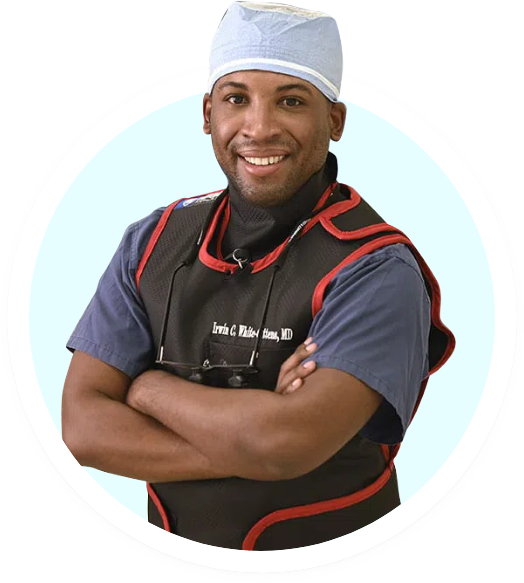St. George’s University School of Medicine graduate Chrissie Massrey, MD ’20, is a PGY-6 fellow in neurodevelopmental disabilities at Texas Children’s Hospital/Baylor College of Medicine in Houston, TX. Her current focus is on neurocritical care and studying the neurodevelopmental outcomes of children recovering from acute brain injury.
Dr. Massrey’s work bridges the gap between critical care and long-term follow-up, ensuring that children and their families receive comprehensive, continuous support from the ICU through recovery. Her passion for this field grew from early experiences working with children with disabilities, where she found purpose in helping them reach their fullest potential.
“My long-term career goal is to build a practice that bridges pediatric neurocritical care and outpatient neurodevelopmental follow-up,” she explained.
She says she hopes to not only provide expert care during a child’s acute neurologic illness, but also guide families through the long-term neurodevelopmental outcomes that follow.
“By caring for ‘the whole brain’—from the ICU to the clinic—I aim to improve continuity of care, identify early interventions, and help optimize outcomes for children recovering from acute brain injuries,” she added.
Today, that same dedication drives Dr. Massrey’s commitment to advancing both the science and compassion behind pediatric neurodevelopmental care.
SGU: Tell us about your current role. What gets you up in the morning to go to work?
Dr. Massrey: What excites me most is the ability to care for these children across the full spectrum—being part of the acute care team during the brain injury and then following them long term to see how much recovery and progress they can achieve. Kids are incredibly resilient, and so are their brains, and getting to witness and support that recovery every day is truly inspiring.
SGU: What made you pursue medicine? Why do you love your field?
Dr. Massrey: I’ve wanted to be a doctor for as long as I can remember. Some of my earliest memories around age six or seven include telling people that’s what I wanted to do.
What truly led me to pediatric neurodevelopmental disabilities, though, was volunteering at a camp for children with disabilities, “Special Camp for Special Kids.” I absolutely fell in love with that population, their families, and the opportunity to make a difference in their lives. That experience cemented my passion for this field and continues to drive my commitment to caring for children with complex neurologic needs.
SGU: Why did you choose SGU? How did SGU help you succeed?
Dr. Massrey: I chose SGU because, at a time when my options were very limited, it was the best path available for me to pursue my dream of becoming a physician.
SGU gave me the opportunity when no one else would. They opened the door for me to train, grow, and ultimately match into a specialty I’m passionate about. That chance not only helped me achieve my lifelong goal of becoming a doctor, but also gave me the foundation and support to thrive in my residency and fellowship training.
SGU: What has been a particularly memorable, rewarding, or challenging experience in your career so far?
Dr. Massrey: One of the most memorable and rewarding experiences in my career so far was being asked to be the godmother of one of my patients. I had developed a very close bond with the child and their family, caring for them not only as their doctor but also as a support system. Even when I wasn’t on service, I continued to check in and advocate for their needs as best I could. Being invited into their lives in such a personal way was an incredible honor and a reminder of the deep trust families place in us as physicians.
SGU: Why would you recommend SGU to an aspiring med student?
Dr. Massrey: I would recommend SGU to an aspiring medical student because it’s not the “easy way out.” SGU pushes you to be your best, to learn as much as you can, and to develop into a strong residency applicant. More importantly, it teaches resilience and the value of putting your head down and doing the work, which are skills and habits that are invaluable as a physician.

